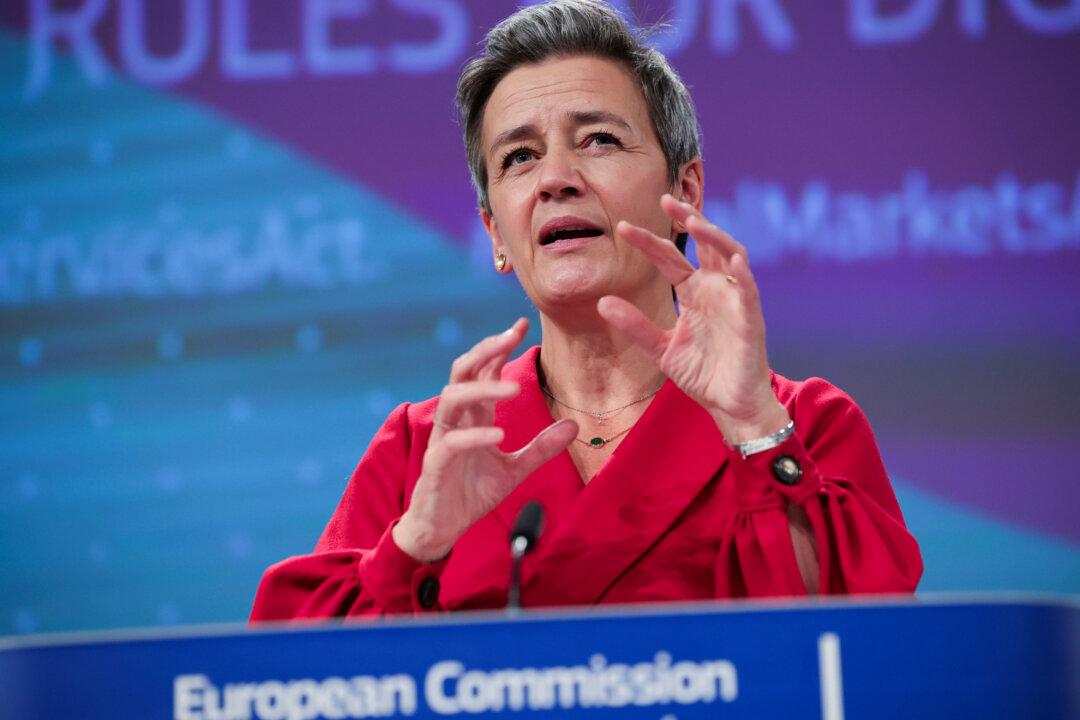The world’s largest tech giants will now have to comply with new European Union regulations coming into effect this week, which will broadly affect their global operations.
Starting on Aug. 26, the sweeping EU Digital Services Act (DSA) will broadly affect everything from social media content moderation, user privacy, transparency, and combating counterfeit goods sold online.
The EU law also attempts to prevent the spread of personally harmful content or disinformation, ban or limit certain user-targeting advertising practices, and make companies share some internal data with regulators.The DSA is the most ambitiously widespread effort passed by policymakers to regulate the tech industry and is intended to force companies to implement major software changes or face massive fines.





